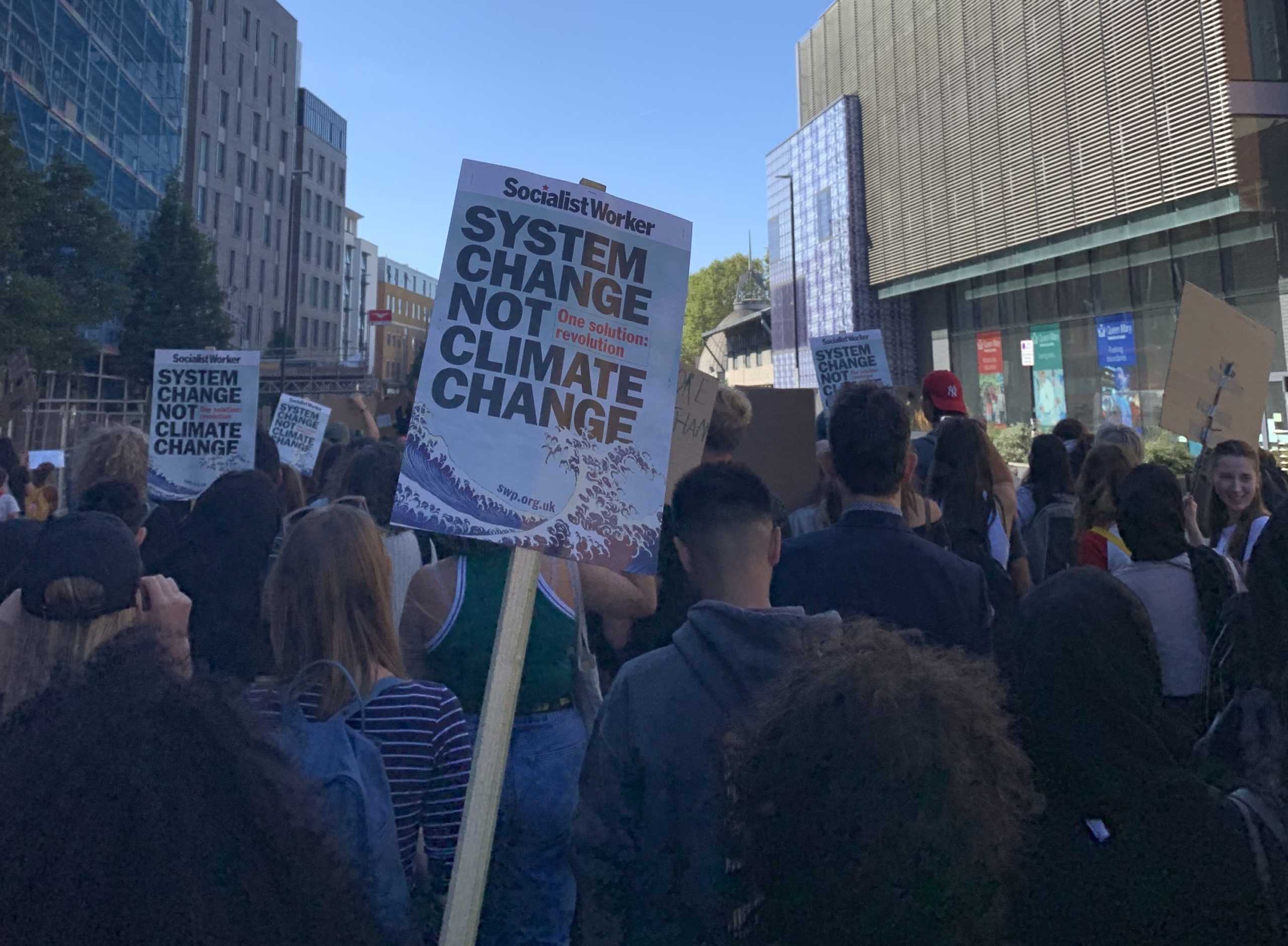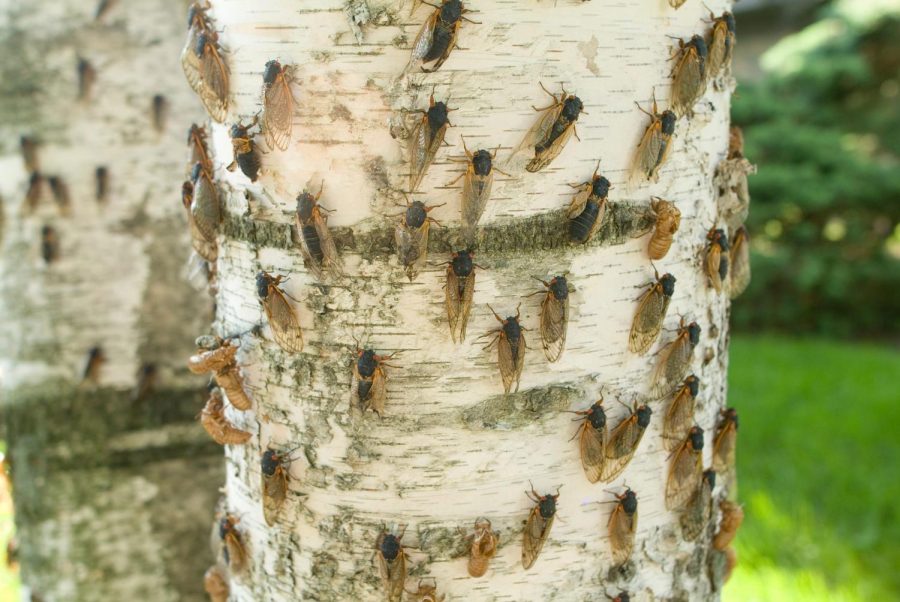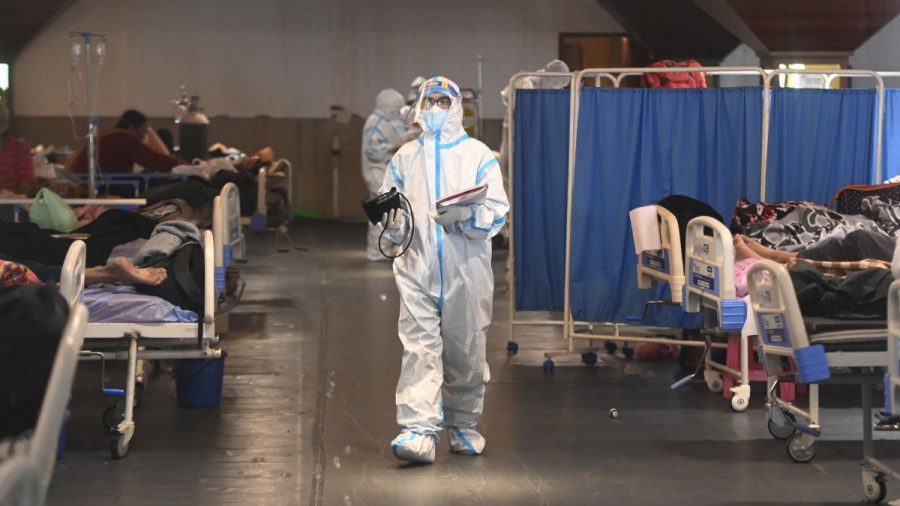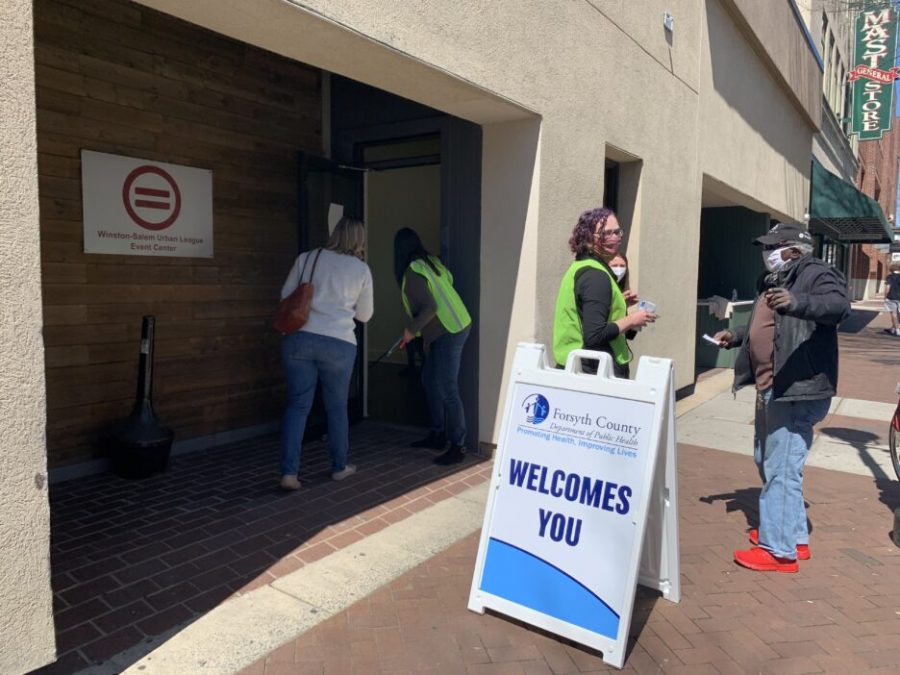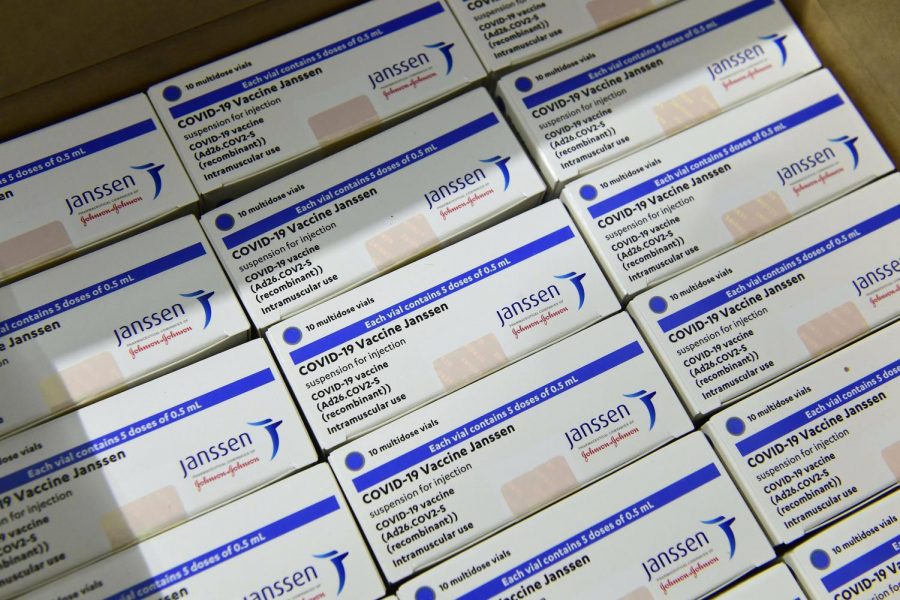In a time of the fight for equal rights, environmental justice is no exception. In fact, it is at the forefront of the minds of many protesters and lawmakers alike.
“I can’t breathe” protests across the country have included environmental justice since it is becoming increasingly clearer that there are severe systemic racial disparities.
Low-income households and communities of color tend to be disproportionately affected by environmental hazards because they are more likely to be in areas of highly toxic neighborhoods.
For example, they usually face increased exposure to lead-based paint, higher levels of pollution and contamination in both the air and water and limited access to healthy foods. This means they tend to have more harmful living conditions that they do not necessarily have the means to escape.
This leads to a higher risk of developing a variety of health disparities like asthma, cancer, lead poisoning, obesity and hyperactivity. This only worsens the already ever-present economic and health disparities that burden these specific communities.
Additionally, since COVID-19 causes and intensifies respiratory issues, many preexisting conditions due to the harmful environment are exacerbated, thus further impacting environmental justice. Studies suggest harmful environmental exposure could result in a higher mortality rate among communities of color who are exposed and infected with COVID-19.
Worse yet, according to the National Library of Medicine, there are currently 13 million children in poverty that are disproportionately affected by these environmental dangers. These kids are largely from communities of color and low-income households who tend to be exposed to more harmful living conditions without a safer alternative. They do not have the ability to move or fight big corporations on their own.
To help combat this inequality, Congressman Donald McEachin of Virginia’s 4th District (D) and Raul Grijalva of Arizona’s 3rd Congressional District (D) introduced the Environmental Justice for All Act. The bill would empower communities disproportionately affected by environmental threats to regain some control over their homes and surrounding communities.
More specifically, the bill prohibits exploitation of communities of color and provides grants to fund the research, education and projects that would focus on environmental hazards and subsequent health issues. Funding is also given to workers and communities looking to move away from predominantly fossil-fuel dependent work. It also ensures equitable access to outdoor spaces like parks and recreation areas.
There are currently 62 Democratic sponsors for the bill and it has gained popular attention from Democratic VP candidate Kamala Harris, former Democratic presidential candidate Cory Booker, and Illinois Senator Tammy Duckworth who partnered with McEachin and Grijalva to introduce the bill in the Senate. Unfortunately, it is not likely that the bill will pass through the Senate, with a lack of republican support. Nevertheless, it is still important legislation in raising the importance of environmental injustice and refocusing on the climate crisis.
Despite a near impossibility of accurately predicting the future beyond this pandemic, eventually there will be a new sense of normal. According to McEachin though, humankind as we know it will not survive past 2050 unless the climate crisis is tackled.

